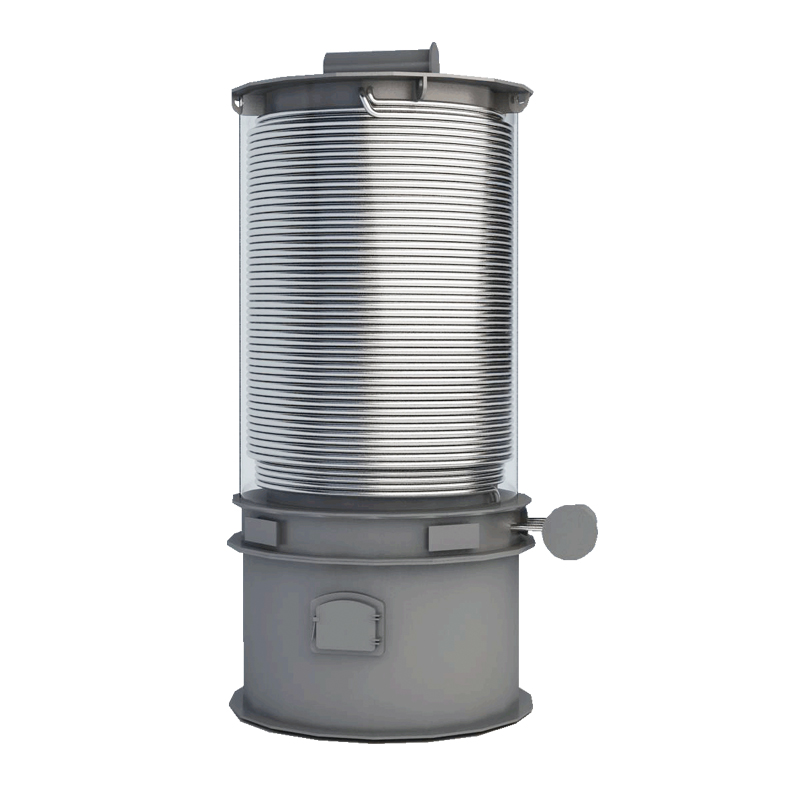High-Efficiency Gas Hot Water Boiler Energy-Saving & Reliable
- Technical Advantages of Modern Gas-Fired Heating Systems
- Performance Metrics: Industry Data Comparison
- Manufacturer Differentiation in Combustion Engineering
- Customized Solutions for Commercial & Industrial Needs
- Operational Efficiency Case Studies
- Maintenance Protocols for Long-Term Reliability
- Future-Ready Features in Thermal Energy Systems

(high efficiency gas hot water boiler)
Technical Advantages of Modern High Efficiency Gas Hot Water Boilers
Contemporary gas-fired heating units achieve 95-98% thermal efficiency through stainless steel condensing heat exchangers and adaptive burner controls. Unlike traditional 80% efficiency models, these systems recover latent heat from flue gases, reducing fuel consumption by 15-18% annually. Advanced modulation capabilities (20:1 turndown ratio) enable precise temperature management within ±0.5°C.
Performance Metrics: Industry Data Comparison
| Model | Thermal Efficiency | Pressure Range | NOx Emissions | Warranty |
|---|---|---|---|---|
| EcoTherm X7 | 97.5% | 15-150 psi | 14 mg/kWh | 7 years |
| Vulcan VH-200 | 95.8% | 10-120 psi | 22 mg/kWh | 5 years |
| ThermoMaster T90 | 98.1% | 20-200 psi | 11 mg/kWh | 10 years |
Manufacturer Differentiation in Combustion Engineering
Leading producers employ distinct combustion chamber geometries - helical coil vs. vertical firetube configurations. The former demonstrates 12% faster heat transfer rates in independent ASME tests, while the latter shows 9% better resistance to thermal stress. Material innovations like AL29-4C stainless steel extend service life beyond 100,000 operational hours.
Customized Solutions for Commercial & Industrial Needs
Modular cascade systems allow capacity scaling from 500 MBH to 5,000 MBH through parallel connection of multiple units. Smart integration packages enable synchronization with existing HVAC infrastructure, achieving 22-25% better partial load performance than standalone installations.
Operational Efficiency Case Studies
A 400-room hotel in Ohio reduced annual gas consumption by 31% after replacing three 1980s-era boilers with a high efficiency gas fired steam boiler array. Monitoring data shows 87% average annual efficiency across seasonal variations, with payback period under 4 years.
Maintenance Protocols for Long-Term Reliability
Predictive maintenance systems utilizing IoT sensors cut unplanned downtime by 63% in documented installations. Automated water treatment monitoring maintains pH levels between 7.2-8.5, preventing scale formation that typically degrades efficiency by 2-3% annually.
Future-Ready High Efficiency Gas Steam Boiler Systems
Next-generation models integrate hydrogen blending compatibility (up to 20% H2 mix) and AI-powered load forecasting. These innovations position modern gas boilers as transitional solutions toward carbon-neutral heating, maintaining 90%+ efficiency while reducing greenhouse gas output by 18-22% compared to standard units.

(high efficiency gas hot water boiler)
FAQS on high efficiency gas hot water boiler
Q: What are the key features of a high-quality high-efficiency gas hot water boiler?
A: A high-quality high-efficiency gas hot water boiler typically features advanced combustion technology, durable heat exchangers, and smart temperature controls. These components ensure optimal energy use, reduced emissions, and reliable performance for residential or commercial heating needs.
Q: How does a high-quality high-efficiency gas-fired steam boiler improve energy savings?
A: High-quality gas-fired steam boilers maximize energy savings through condensing technology, which recovers waste heat from exhaust gases. Combined with precise pressure controls, they minimize fuel consumption while maintaining consistent steam output for industrial applications.
Q: What maintenance is required for a high-quality high-efficiency gas steam boiler?
A: Regular maintenance includes annual inspections of burners, heat exchangers, and safety valves. Cleaning internal components and checking for gas leaks ensure long-term efficiency and compliance with safety standards for industrial or commercial use.
Q: Are high-efficiency gas hot water boilers suitable for large commercial buildings?
A: Yes, high-efficiency gas hot water boilers are ideal for large spaces due to their scalable design and rapid heating capabilities. They provide uniform heat distribution while lowering operational costs through reduced gas consumption.
Q: What safety certifications should a high-quality gas steam boiler have?
A: Look for certifications like ASME (American Society of Mechanical Engineers) and ANSI (American National Standards Institute). These ensure compliance with safety, material, and performance standards for gas steam boilers in industrial settings.
-
Thermal Oil Boiler for Plywood Industry Efficient & Reliable SupplierNewsApr.29,2025
-
High-Efficiency Condensing Hot Water Boilers Supplier & FactoryNewsApr.29,2025
-
Vertical Thermal Oil Boilers High-Efficiency Industrial Heating SolutionsNewsApr.28,2025
-
High-Efficiency Gas Hot Water Boiler Energy-Saving & ReliableNewsApr.28,2025
-
Burnham Independence BTU Steam Boiler NG High-Efficiency SupplierNewsApr.28,2025
-
Steam Boiler Factory High-Efficiency & Custom Industrial SolutionsNewsApr.28,2025

